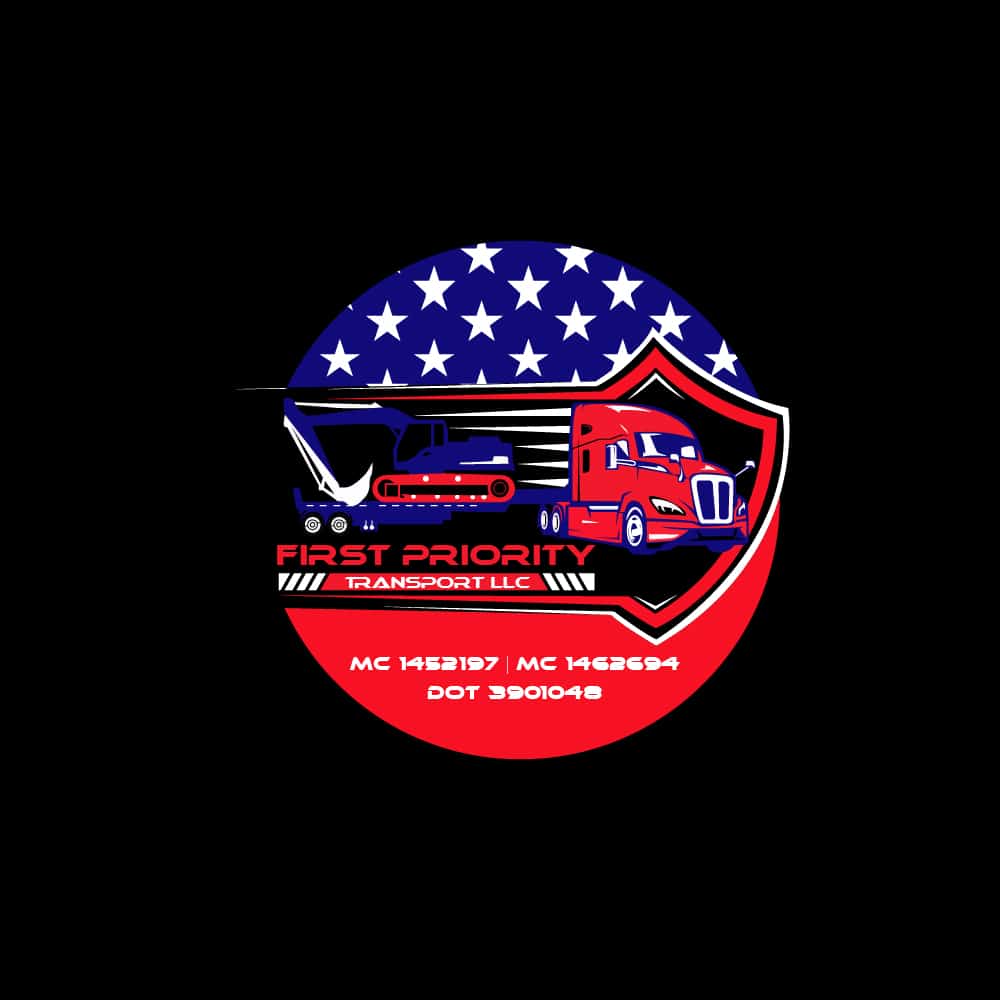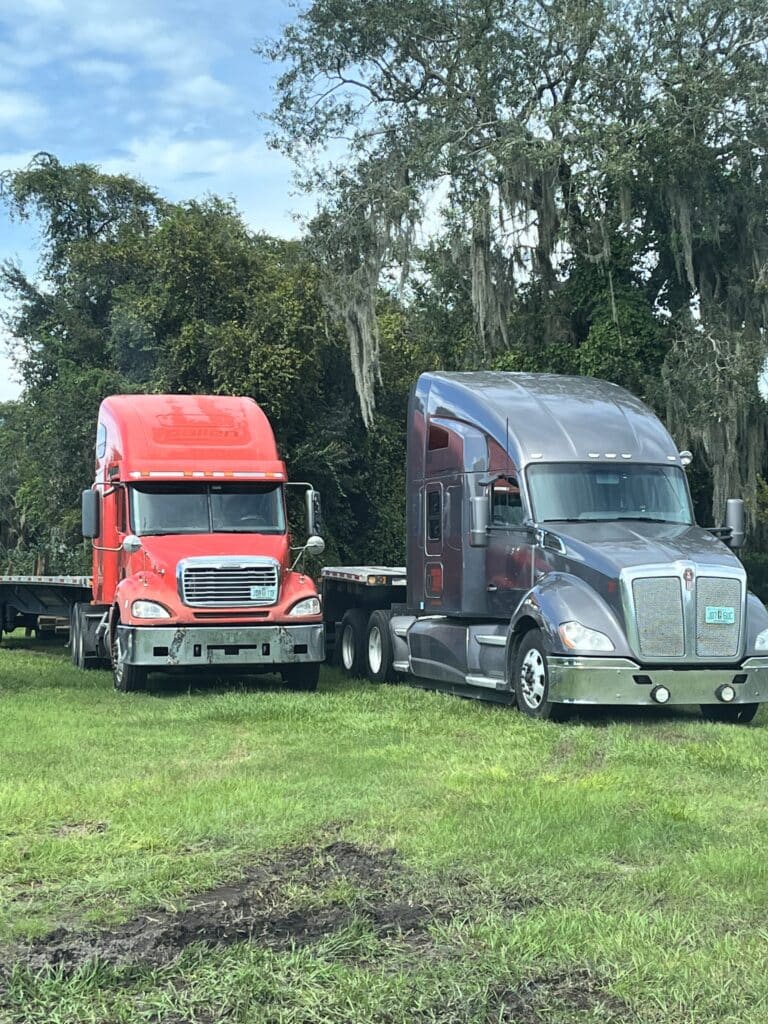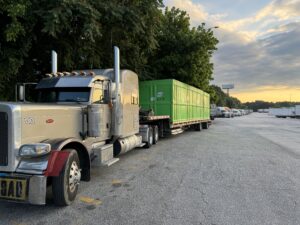Introduction:
In the vast landscape of the transportation industry, truck owner-operators play a crucial role in keeping the wheels of commerce turning. Their dedication and hard work are often born out of a decision to forgo the traditional four-year college route, opting instead for a career that offers a head start in the professional realm. Typically equipped with a background in trade or mechanical skills, many individuals entering this field bring valuable experience from the warehouse and construction sectors. Interestingly, being a truck driver has also become an alternative means of employment for those with prior criminal records, offering a path to stability when opportunities in other industries are scarce.
Barriers to Entry:
Becoming a truck driver is no easy feat; it requires obtaining a CDL Class A license, an investment that comes with a hefty price tag. The financial commitment extends to the purchase of a semi-truck and trailer, equivalent to buying a house but with less favorable financing terms – higher interest rates and shorter loan terms. Additionally, the costs associated with CDL training add to the significant upfront expenses. Due to these financial hurdles, many aspiring truckers find themselves compelled to lease on with larger, established trucking companies, which often cover training and insurance costs. However, this choice comes at the cost of surrendering autonomy, as drivers must adhere to the schedules dictated by the company, often resulting in extended periods away from their families. Starting salaries typically range from $40,000 to $50,000, making it challenging for individuals to accumulate the necessary funds to launch their own trucking ventures for several years.
Challenges Truckers Face When Launching:
Assuming an individual has the financial means to acquire their own equipment and insurance, the next hurdle lies in convincing shippers and freight brokers that they possess the requisite skills and experience. Unfortunately, the trucking industry, as a whole, is heavily monopolized by larger transportation companies. Shippers and brokers now impose stricter requirements, demanding a minimum of six months to a year of active MC authority, making it increasingly difficult for new entrants to secure work. This trend, exacerbated by the current economic climate and inflation, places financial strain on emerging truckers, pushing them into the red from the outset.
Low Rates for Truckers in Times of High Costs:
The current economic landscape sees shipping rates at an all-time low, while costs escalate due to inflation. The addition of middlemen further squeezes profit margins, impacting truckers the most. Smaller owner-operators find themselves forced out of the market, leading to a surplus of trucks and a decline in prices. Freight brokers, grappling with reduced work availability, lower their rates, leaving truckers with little choice but to accept loads at the cost of operations just to stay afloat. This unsustainable cycle forces many out of the market, with even small freight brokerages being absorbed by larger carriers.
Monopolizing the Trucking Industry:
The domination of the industry by larger asset-based carriers is a strategic move to create greater barriers for new entrants. These carriers implement policies requiring a minimum of six months to a year of active MC authority, knowing that individuals with limited access to work will struggle to gain access to freight, eventually forcing them out of the market. This consolidation allows larger carriers to strengthen their contracts and relationships with shippers, perpetuating a cycle that favors established players. Unfairly raised insurance requirements by brokers also contribute to the limited options available to new truckers, forcing them into relationships with brokers like TQL, notorious for paying minimal amounts to truckers and exploiting their need for access to freight.
Final Thoughts:
Truckers must strategically fight back for market share, seeking opportunities to haul directly for customers and marketing their services. The goal is to disrupt the current market flow, forcing 3PLs to pay fair rates or face elimination. This shift can potentially lift some barriers to entry, allowing smaller companies to compete with larger entities. The industry needs transformation driven by those who understand the true costs of operations. Let us collectively advocate for change, allowing the invisible hand to guide the industry toward a more equitable future. At First Priority Transport, we envision pioneering a revolution in the freight market, challenging the status quo and empowering truckers for a more sustainable and prosperous industry.








